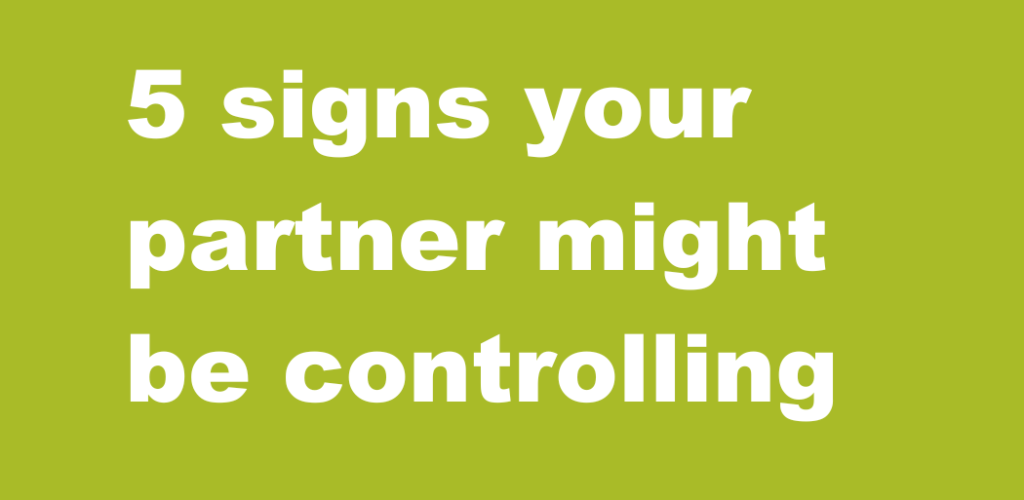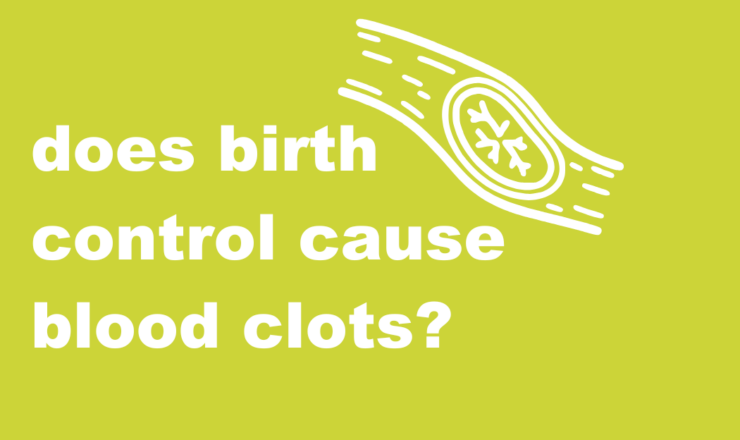

When it comes to relationships, it can be hard to figure out if you’re in a controlling or manipulative relationship. Sometimes little instances happen over time, and it can be hard to notice toxic behaviours if you’re not actively looking for them. However, there are common things to look out for if you’re worried about yourself or someone else. You deserve to be in a healthy and happy relationship, which is why knowing some common red flags is important.
Your partner wanting to spend time with you is totally normal. However, if you’re noticing your partner wants you to spend less time with your friends or family, and more time with them, they may be trying to have control over your social life in an unhealthy way. For example: if your partner regularly complains about you going out with your friends to a movie or spending the day shopping with your cousins, that could be their not-so-subtle way of of isolating you. Isolation can make you more dependent on your partner, less confident in your own abilities, and might even make it harder to just grow as a person. Romantic relationships can definitely have some level of co-dependence, and you may both find you prefer each other’s company more than anyone else’s! But when your other relationships begin to suffer, or you’re encouraged to end them even though you may not want to, that can be a troubling sign. You should feel in control of your life regardless of your relationships, and that includes who you spend your time with!
What is gaslighting? Gaslighting occurs when someone is manipulated to question their personal experiences or knowledge. In romantic relationships, this can look like a partner denying things you know you saw, invalidating feelings you express (especially if they’re negative and directed towards your partner), and even outright lying. You might hear “you’re being too emotional”, or “it’s not a big deal”, or “you’re making this up” these are classic examples of gaslighting. Gaslighting is specifically dishonest and manipulative – it is emotional abuse. Gaslighting shuts down any potential for real communication and discredits or invalidates feelings, which is the opposite of a healthy relationship! Gaslighting can cause people to lose confidence, question their own reality, and feel increasingly dependent on their partner. Relationships should make you feel more confident, more sure of yourself, and help you feel better about taking on the world.
Jealousy is a totally normal feeling that we all experience, but unhealthy or unchecked jealousy can seriously affect relationships. For example maybe your partner feels jealous that you’re spending time at a school club or playing on a sports team instead of hanging out with them. It doesn’t always have to be about feeling threatened romantically like you’re going to leave them for someone. Jealousy can often go hand-in-hand with isolation –it can cause people to isolate their partners or get upset when their partner spends too much time away. Possessiveness can mean your partner wanting you all to themselves, or not wanting you to benefit from other relationships. It might show up at unexpected times, for reasons that feel totally innocent to you: maybe your partner gets upset with you for smiling at a server, or for holding the door for someone else, or even just being polite to a stranger! Jealousy to that level isn’t rational, and can mean they aren’t seeing you as your own person, or are putting their insecurities above your happiness.
Ultimatums are demands someone makes for you to choose between two or more options, often as a threat. In relationships, they can be used to manipulate people and pressure them to make decisions they wouldn’t otherwise. This can sound like “if you don’t do this, I will leave you” or, asking you to choose between them and someone else in your life, usually someone who isn’t an actual threat to your relationship in any meaningful way. Ultimatums are meant to take advantage of the love you have for a person, by threatening to take it away. For example, if your partner asks you to choose between you or your friend (especially common in friendships where your friend could be romantically interested in you). They may say something like “you have to choose between your relationship with your friend or your relationship with me.” Maybe they don’t like how much time you spend with your friend, maybe they feel like your friend is pitting you against them or convincing you to break up with them, and maybe it’s just a possessive thing like we talked about earlier. Ultimatums are another example of choosing manipulation over communication and teamwork. They force you to do something on someone else’s terms without discussing it. Better communication could look like “I’ve been noticing that you’re spending a lot of time with your friend, and it’s making me feel a little left out; I wondered if we could talk about it.” Healthy relationships do not force people to abandon their friends or family for a romantic partner.
The concepts of boundaries and triggers have become more common in day to day use over the past decade since they are more commonly talked about in TV shows and social media. These terms and phrases are really valuable and can be used to communicate complicated emotions, discomfort, and emotional needs, but they can also be taken out of context or manipulated to hurt people’s feelings or exert control. Boundaries is one of those terms that can be used to control another person. Boundaries are supposed to communicate how someone will respond to behaviour they are unhappy with – an example of this is saying “if you yell at me, I am going to leave the room”. They are meant to preserve relationships and set healthy expectations of comfort and safety. Boundaries are not about making you do something unreasonable just because your partner said it’s their boundary. For example, if your partner tells you it ‘crosses their boundaries’ for you to spend time with your friends when they’re not around, or ‘triggers’ them to see videos of you out dancing and having fun those are manipulative misuses of the terms to get you to do what they want, breakdown your other relationships, and force you to become more concerned with their needs than your own.
If this sounds familiar to you, it can be helpful to talk to someone you trust. It’s not always easy for us to see our relationships objectively when we’re in them. Speaking with a therapist, parent, friend, school counsellor, or mentor can help you process and identify unhealthy behaviours and find ways to either leave the relationship or talk about them.
If you have questions about this topic, feel free to contact one of our peer educators. [Link]
Last Edited: August 2024

While certain types of hormonal birth control have been connected to an increase in blood clots, it’s incredibly rare and often tied to other health conditions unrelated to birth control. This post talks about risk, other options, and misinformation!

Tired of giving money to corporations just to have some lube? Check out these options for Do It Yourself Lube!